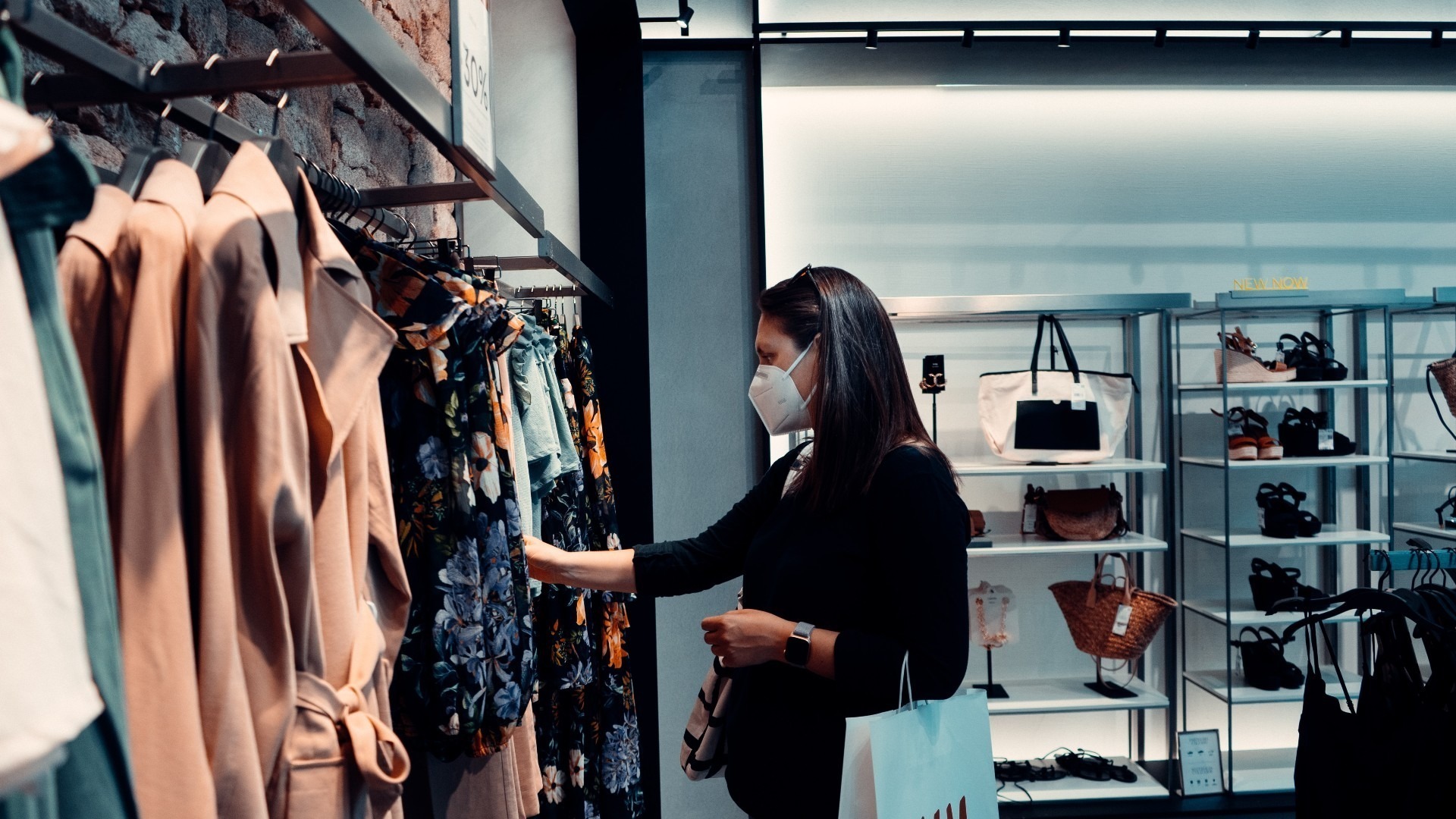Black Friday is here again and with that consumerism is at an all-time high. Shoppers desperate to bag a deal in time for the festive season will flock to shopping centres but others may prefer to shop the sales online. Figures show that online shopping has surged during the pandemic especially during lockdowns when bricks and mortar stores were forced to close.
Online-only retailers have benefitted from this and online stores have overtaken high street clothing stores in sales. One of those stores that saw massive growth over the pandemic is PrettyLittleThing, owned by fashion giant Boohoo, who saw their sales grow 41 per cent over the pandemic.
Fast fashion brand PrettyLittleThing is known for its on-trend and cheap clothes, aimed at 16-35-year-old women. It’s never been easier to get a new outfit delivered straight to your doorstep for every occasion especially with their royalty next day delivery.
However, the fashion retailer shocked its shoppers last year when customers went on their website to find dresses, tops and shoes reduced to pennies. Everyone assumed the website had glitched when they successfully managed to buy a pair of jeans for 25p, as no one had ever seen a sale like this before.
The brand’s social media pages announced the 99 per cent off sale, sparking a media frenzy as everyone attempted to bag a bargain, leaving all the clothing items on the website almost completely sold out. Due to the hype created around the 2020 sale, PrettyLittleThing announced that the 99 per cent off sale again this black Friday.
Bargains come at a cost
Last year, Boohoo, who own the brand, faced allegations that one of their suppliers was paying workers as little as £3.50 an hour, causing Next and Asos to drop Boohoo from their websites.
Additionally, the fast fashion industry is responsible for up to 10 per cent of global carbon emissions and 20 per cent of wastewater, with the overall impact using up more energy than aviation and shipping combined. More than 300,000 tonnes of used clothing go to landfills every year in the UK.
Clothes bought from retailers like PrettyLittleThing are made cheaply, to be worn a few times and then left in your wardrobe and forgotten about as new trends come in and old ones are left behind. These retailers value quantity over quality and their clothes wear out easily.
More often than not, consumers buy these slash-priced garments just because they are so cheap – because who could not resist a 10p top?
This creates a never-ending cycle of overconsumption and overproduction especially with popular influencers promoting this lifestyle by showing off their lavish purchases in fast fashion haul YouTube videos.
In reality, fast fashion’s ridiculously priced sales are encouraging unsustainable shopping habits, enabling these fashion giants to keep underpaying their workers and keep polluting the planet.
Before you buy clothes, especially fast fashion, ask yourself will I wear this at least 30 times?
If the answer is no then perhaps you need to rethink your purchase and the implications it may have on our environment.
Additionally, second-hand clothing apps like Depop and Vinted are great for finding deals on clothes that are often in near perfect condition, that would otherwise be thrown away, helping to break the linear fashion model.

